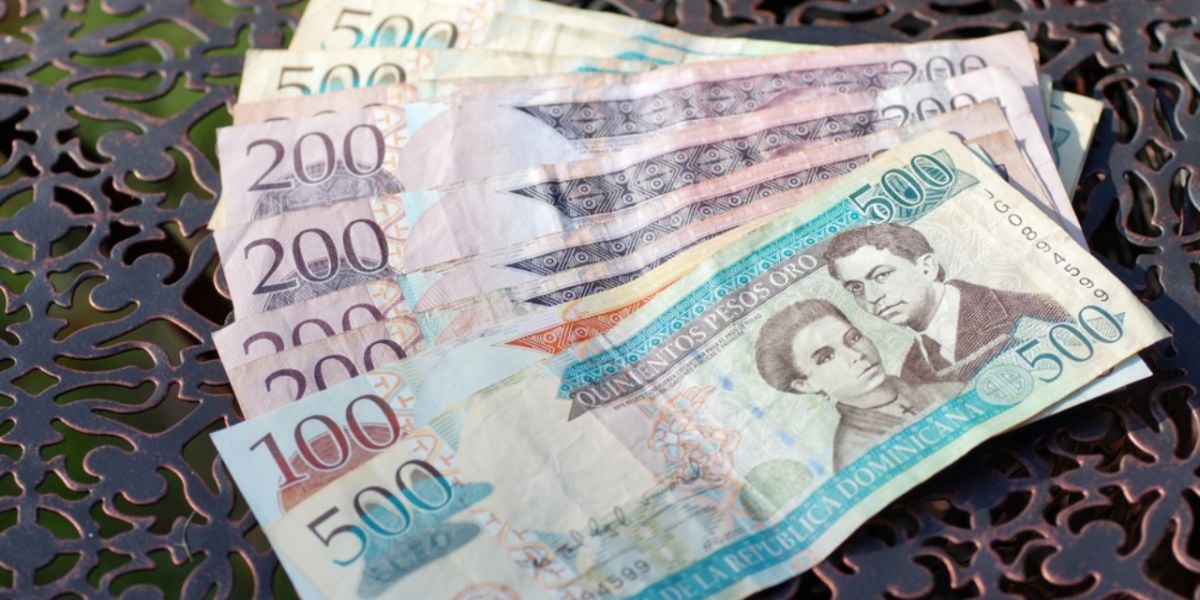
Many people might assume that banking in the Dominican Republic could be problematic or even unsafe, but it is neither. This article explains how you can open a bank account, how the systems work, how you can manage your money, and how to transfer funds from one country to another.
How to open a bank account in the Dominican Republic
Each bank, and indeed each bank branch, will have distinct requirements for opening a bank account, and these will vary regularly. To be honest, the most convenient approach to creating an account is to be presented to the branch manager by an existing Dominican client at the bank, as social ties are pretty crucial. Most banks in the Dominican Republic will enable foreigners to create an account with a current and valid passport as identification, yet others may demand a banking letter of reference from the home country as well as past account information. Some banks may only enable foreigners with legal resident status to create new accounts. However, if that is the case and you do not have residency, it is worth browsing around.
Is there online banking in the Dominican Republic?
Several Dominican banks now provide Internet banking for checking balances, paying payments, and transferring funds. Some of the smaller savings and loan institutions may not have Internet or online systems in place, but all of the larger banks have. However, various banks have different methods, and some enable you to do more online. They all have varying levels of security.
How can I withdraw money in the Dominican Republic?
ATMs may be found across the country, both within and outside of banks, at gas stations, supermarkets, and shopping malls. The maximum withdrawal limit is usually RD 20,000 pesos for each transaction, about US 340.66, and between RD$20,000 per day. There are still concerns regarding ATM fraud, and occasionally, the machines hold your cards. Therefore, it is generally advisable to collect from the terminal at the bank and only use other ATMs in an emergency. Furthermore, ATMs often accept all sorts of cards, including international credit and debit cards. However, these commonly entail withdrawal fees. Money is always issued in Dominican pesos.
What about credit cards in the Dominican Republic?
In the Dominican Republic, Visa and MasterCard are commonly accepted; however, American Express is not always acknowledged. When you're using an international credit card, make sure to check your account frequently, as overseas credit card fraud is more common than credit card fraud from domestic institutions. As a result, it is recommended that you obtain a local credit card if at all feasible.
Can I transfer money to and from my local bank in the Dominican Republic?
Yes, although the customary maximum is USD 10,000 if you want to transfer more, the bank will want to verify the source of the money and what it is to be used for. The transfer usually takes five business days to complete, although larger quantities may take longer. Some banks enable internet transfers, while others require you to visit the bank.
What sort of accounts are there in the Dominican Republic?
One may create a bank account in either USD dollars or Dominican pesos, with dollar accounts requiring a minimum balance of roughly USD 500 to avoid monthly fees. You can select between a checking account with a payment book and a savings account with a debit card. Savings accounts typically pay approximately 4% in interest, while certificates of deposit pay between 6% and 7%. On the other hand, bank loans and mortgages are prohibitively costly, with interest rates ranging from 14 to 18 percent and harsh penalties for late payments.
Banks in the Dominican Republic
There are various banks in the Dominican Republic, including retail and commercial, but only one international bank, Scotiabank, operates in the country. The Central Bank is in charge of monetary policy.
Banco Popular is the top-rated and most popular bank, with outstanding Internet banking services and a significant number of branches. It is also the most creative, having recently partnered with PayPal to offer its services through its network.
Banco Leon, which recently teamed up with BHD Bank to become Banco Leon BHD, is one of the others. Banco Reservas is a government bank, and all government employees are paid by this bank. Hence, it is best to avoid this bank during paydays, which are held twice a month, on the 15th and at the end of the month, since the lines are long.
We do our best to provide accurate and up to date information. However, if you have noticed any inaccuracies in this article, please let us know in the comments section below.











